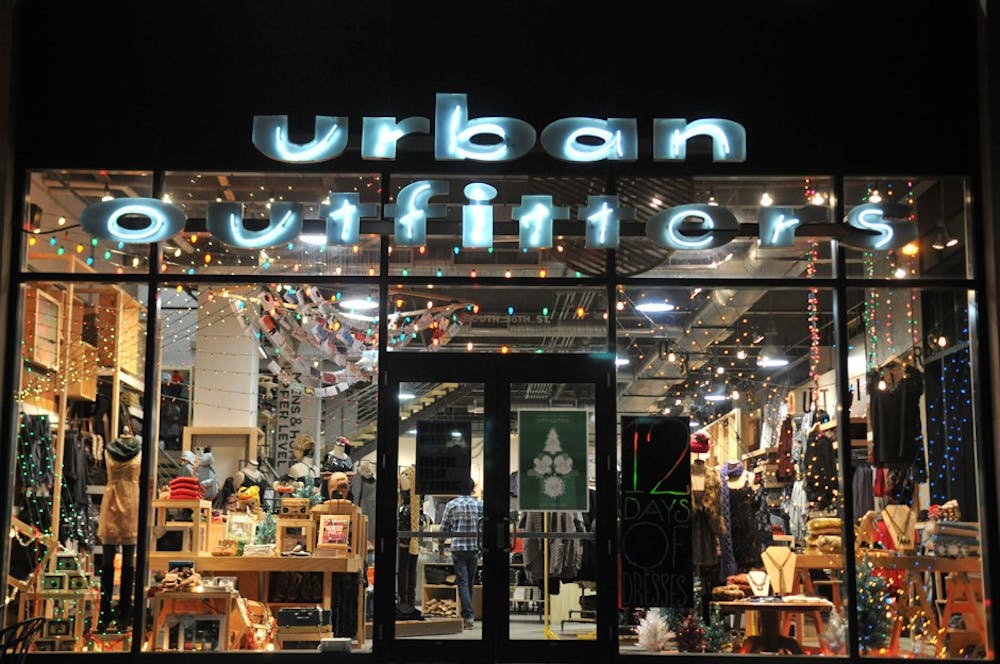
For holiday shopping, things are looking up this year.
After hitting a peak in 2007 and dropping off in 2008 and 2009, the retail industry is set to make a comeback, according to Stephen Koch, a Wharton School marketing professor and retail expert.
He bases this prediction on the upward trend of the market throughout the entire year.
“2010 has been better than 2009 virtually every month, so I see no reason why this won’t continue to be the case,” he said, though advising, “We’re still not back to 2007 levels. It’s important to put that into context.”
Koch believes luxury retailers will see the biggest improvement this year, based on their decline in the past two years.
“People who fell into that segment were a little gun shy. Even if they could afford to continue spending, they were concerned with where the bottom was going to be, so they became more circumspect and less likely to spend,” he said, adding “what goes down must come back up.”
He also said luxury department stores such as Neiman Marcus and Bergdorf Goodman “will do better than their more mid-market rivals.”
Wharton marketing professor John Zhang echoes this sentiment, but attributes it to competition among retailers in terms of promotion.
“The promotion frenzy can only help consumer shopping mood,” he wrote in an e-mail. “Most likely, high-end and value stores (like Wal-mart) will do a lot better this year than middle-of-the-way retailers.”
Peter Fader, a Wharton marketing professor and co-director of the Wharton Interactive Media Initiative, doesn’t believe it is possible to predict holiday shopping trends based on shopping promotions occurring earlier in the season.
“I hate the idea of Black Friday and Cyber Monday,” he said. “Painting everyone with the same brush in terms of shopping habits is not only wrong, but inefficient.”
Fader does, however, believe that the economy’s overall health in preceding months is a good predictor of the holiday season’s health. He added that the role of the overall economy and the factor of the holiday should not be confounded when analyzing the market.
Wharton marketing professor John Hutchinson believes one good way to predict the amount of money consumers will spend is their preparedness.
In a study conducted last year, Hutchinson found that consumers who had planned their purchases before a shopping trip spent less than those who didn’t.
“Bottom line, a little planning really helps consumers save money when it comes to holiday shopping,” he said.
For Zhang, confidence is another important factor. He is hopeful for the upcoming season.
“When consumers are confident, they shop,” he wrote. “That is the American way!”
The Daily Pennsylvanian is an independent, student-run newspaper. Please consider making a donation to support the coverage that shapes the University. Your generosity ensures a future of strong journalism at Penn.
DonatePlease note All comments are eligible for publication in The Daily Pennsylvanian.




